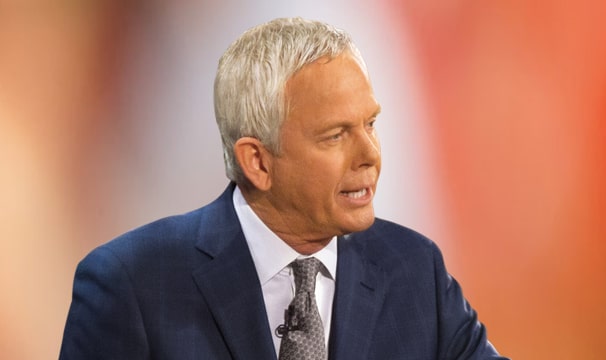The third servant in the Parable of the talents was not commended by his master, but rather rebuked as a wicked and slothful servant. In addition, he was labeled unproductive. Why? What mistakes did he make? Where did he err? Let’s look at verses 24 and 25:
“Then he who had received the one talent came and said, ‘Lord, I knew you to be a hard man, reaping where you have not sown, and gathering where you have not scattered seed. And I was afraid, and went and hid your talent in the ground. Look, there you have what is yours'” (Matthew 25:24, 25 NKJV).
There was a total misunderstanding in the heart of this servant. He did not serve his master well because he did not really know him. He did not love him as he should have. He did not have the right concept of him as evidenced by his explanation for his lack of productivity.
He tried to excuse himself by laying the blame on his master saying, “I knew you to be a hard man…” He insulted the master by accusing him of being hard and of reaping where he had not sown. In reality, through the master’s investment in the servants, the master had sown generously in each one of these servants. The servant was called wicked for these statements.
Next, this unfaithful servant hid the goods entrusted to him in the ground where they remained, but without increase. The servant was clearly idle and fruitless. The master said, “…you knew that I reap where I have not sown, and gather where I have not scattered seed. So you ought to have deposited my money with the bankers, and at my coming I would have received back my own with interest” (vv. 26, 27). Even though the servant would not have made as much a profit by depositing the money in the bank, he would have profited something. Therefore, he was called slothful.
Ephesians 3:20-21 from the Phillips translation says, “Now to him who by his power within us is able to do infinitely more than we ever dare to ask or imagine—to him be glory in the Church and in Christ Jesus forever and ever, amen!”
God has super-abundant power, and that power has been made available to every believer. The power of God, the power to accomplish anything, resides within us. If it remains dormant and idle, it is fruitless and not producing what God intended. But diligence will stir up that productivity.
Finally, the slothful servant said he was afraid. Afraid to invest. Afraid to take a risk. Afraid he might fail. He would not take a chance with his master’s money. He would not take the responsibility of handling his master’s goods. For that, he was called unproductive.
But God was not afraid to take a risk. He took a risk in sending Jesus to this earth. There was the risk that, even after the price for the sins of humanity was paid, no one would receive the sacrifice by faith. There was a risk that these few men to whom God entrusted the furthering of the kingdom might not fulfill their assignment. God took a risk! Won’t you?



